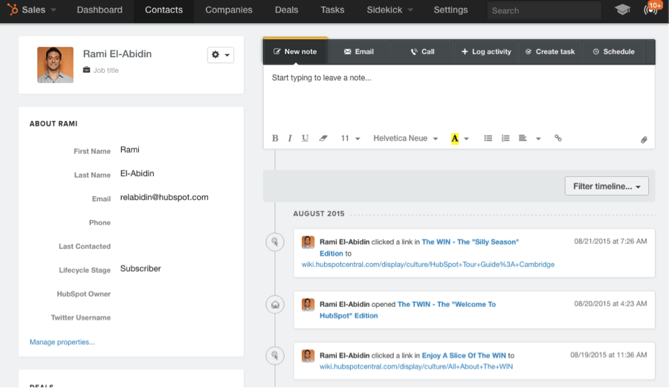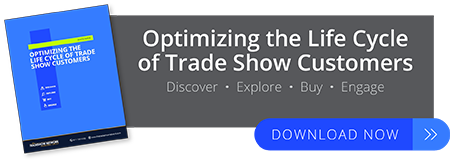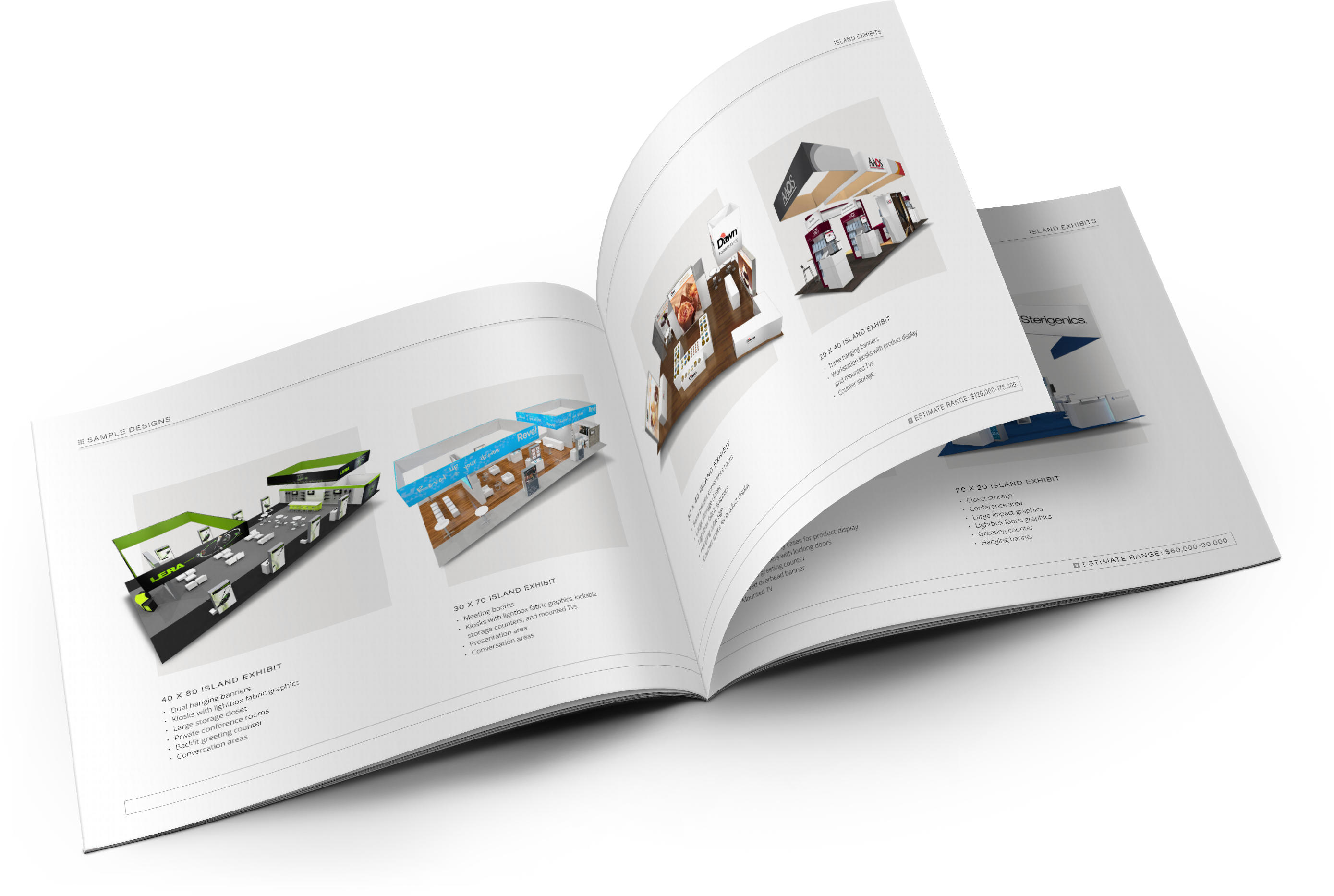There’s no wrong way to go about researching a prospect in advance of a call. Yes, there are a few efficiencies to be gained, and some networks are more important to check than others, but as long as you’re doing your research, you’re already more than halfway there. The only way a sales rep can truly fail is by going into a call totally cold. Buyers just don’t have the patience to answer basic questions whose answers are readily accessible with the most cursory searching, nor do they have time to fill you in on their challenges.
If you pick up the phone without gathering any background information, at best you stand to annoy the person, and at worst, to be hung up on mid-sentence. But you can be sure there’s not going to be any money exchanging hands or contracts being signed. You might not have time to check every box on this list before a call, and that’s okay -- just make sure to check at least a few. The more you can personalize your conversation to the prospect and their business, the greater the chance that you’ll capture their interest -- and hopefully their business.
18 Places to Research Buyers Before Sales Conversations
1) LinkedIn
LinkedIn is a gold mine for prospect research. If you can only research your prospect on one platform before your call, make it LinkedIn.
Find your buyer on the network, and check out each of the following areas of their profile:
- Experience at their current job: Most people list primary job duties or major projects they’ve worked on. This can help you get a sense of what falls under their jurisdiction, and what doesn’t.
- Experience at their former jobs: Customize your messaging based on their career history. Is this their first time making this kind of purchasing decision, or have they done this many times?
- Shared connections: If you have a connection in common with your prospect, make sure to bring it up during your conversation, and ask how they know this person. This could be a referral opportunity.
- Groups: Click through to their groups to see what’s being talked about.
- Recent activity: Take a look at what your buyer has recently shared and where.
2) The Buyer’s Twitter Account
If your prospect has a Twitter account, you should spend a few minutes on their page to get a sense of what they’re interested in. Read a handful of the articles they’ve recently retweeted, or look into an issue they posted about. Click back through their feed to spot any major trends in their interests.
3) The Company’s Twitter Account
What kind of content and messaging has the company been promoting? Understanding how the company is presenting itself to its customers can help you better understand how to present yourself to your buyer.
4) The Company’s Press and Media Releases Page
Scroll through the recent press releases and see if anything major has been announced such as leadership changes, product releases, financial statements, events, or customer wins.
5) Their Competitor's Press and Media Releases Pages
If a competitor has made a significant announcement within the past few months, that will color the way your buyer looks at your offering -- either as a competitive advantage, or an unnecessary expense in the face of more pressing priorities. Figure your footing out before you pick up the phone.
6) The Company's Financial Statements
If your buyer works for a public company, it might be a good idea to check out its most recent financial reports on the SEC’s website. This will give you an idea of how the company is performing, as well as the problems it’s facing (check out “risk factors” sections).
7) Various Blogs
Read what your buyer reads, and read what your buyer writes. If your prospect maintains a blog, be sure to read at least the last few posts and comment on them during your call. In addition, visit the websites of popular industry blogs and peruse the latest posts to learn more about the trends and challenges shaping the environment.
8) The Buyer's Facebook Profile
Facebook is more of a personal social network, and so typically less important for researching purposes than LinkedIn or Twitter. Still, it might be helpful to check out your buyer’s Facebook profile to pick up a few personal tidbits about them. Just make sure to weave these into the conversation naturally, or you risk giving off an overly personal vibe. Also, this is another good place to see if you have any friends in common.
9) Your Marketing Automation System
Sure, this might be the first time you're checking up on your prospect, but it might not be the first time they've checked you out. Search the prospect's name in your marketing automation system to turn up any existing contact records or interaction history. You might just find this particular buyer knows a lot more about your product than you thought. Use this information and tailor your approach to their current stage in the buying process.
10) Your CRM
In addition to the marketing automation system, stop by your trusty CRM to determine if another sales team member has reached out to this prospect in the past ... and if so, what (if anything) happened. HubSpot's free CRM also features a lead timeline view that aggregates recent interactions, press releases, and company news in one scrollable and automatically updated location. Research = done.
11) The Company's Google Results
Conduct a search on the company to bring up any news stories that they've kept off their press page -- good or bad. Be sure to select third-party publications that are high-quality and reliable.
12) The Buyer's Google Results
Search your buyer’s name in quotes to surface any other information about them that might’ve fallen through the cracks. Baking contest winner? Amateur trumpet player? Right on.
13) Quora
Use Quora to understand what your prospect is hoping to learn. For instance, maybe she posted a question three days ago about a challenge her company is facing. If you show up to your meeting with some relevant tips in hand, your prospect will definitely be impressed.
14) Glassdoor
Looking at a company's Glassdoor page reveals a few important details. First, it helps you understand their culture. Does almost every review from the past two years mention the organization's stellar philanthropic record? You may want to build rapport by asking the buyer about the company's charitable initiatives. Glassdoor will also tell you which positions the company is hiring for. If they're looking for new employees in a division related to your product, that's definitely a good sign. The organization is clearly investing in that area of their business.
15) AngelList
If you sell to startups, AngelList is an essential researching tool. You can see the company's funding history, including the timing, value, and participants in each round; past and present employees; advisory team; founders; products and launches; open jobs; and more.
16) Datanyze
Knowing which technology your prospect uses can help you personalize your messaging and make the most persuasive pitch. Datanyze offers a free Chrome Extension that you can click while on the prospect's website to see which tools they're currently using.
17) Crunchbase
Use Crunchbase to discover your prospect's acquisition history, funding rounds, investors, team members, news, timeline, competitors, former employees, customers, partners, sub-organizations, board members and advisors, and other related details.
18) Yelp
Does your prospect work directly with consumers? If so, browsing their Yelp page is a great way to learn more about their strengths and weaknesses. For example, maybe 40% of their reviews mention their poor customer service. In your initial email, you can give a few suggestions to improve service. Or maybe multiple reviewers praise their reasonable prices. You might offer to share some strategies for directing customers to the most high-margin products.
Editor's note: This post was originally published in October 2014 and has been updated for comprehensiveness and accuracy.
Written by Emma Brudner | @emmajs24. Full article on Hubspot at - https://blog.hubspot.com/sales/places-to-research-a-prospect-before-sales-call








